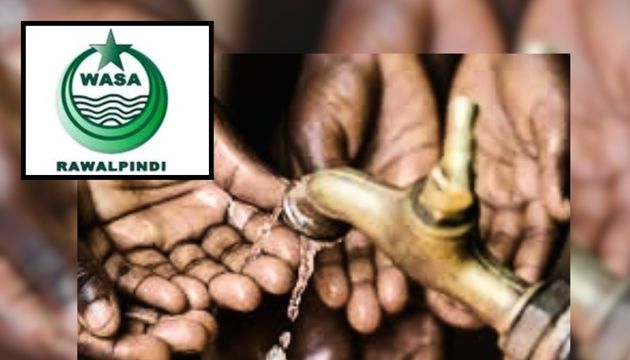RAWALPINDI: Water shortage in Rawalpindi has worsened, leading WASA to declare a water emergency in the city.
Due to the ongoing drought, WASA’s Managing Director (MD) Suleman Ashraf has warned that if there is no rainfall in February and March, the water crisis will become more severe. The Meteorological Department has predicted below-average rainfall.
Suleman Ashraf, the MD, stated that the population growth and increasing commercial activities are reducing water reserves. The drought has made water distribution more difficult, and an awareness campaign has been launched to encourage the reduced use of water.
A statement on the water emergency noted that drought has severely affected the dams and underground water supply. The demand and supply of water are both critically impacted.
ALSO READ
Earthquake tremors felt in Islamabad, Rawalpindi, and surrounding areas
The MD said Rawalpindi’s daily water demand is 68 million gallons, but only 51 million gallons are available. Water is being supplied from Rawal Dam, Khanpur Dam, and tube wells. The underground water level has dropped by 700 feet.
The MD also mentioned that WASA has fined two citizens for wasting water and will register cases against others using water wastefully.
WASA has appealed to citizens to reduce water use and cooperate with them. Due to cleaning work at Khanpur Dam, the water supply will be suspended until February 22.
In Murree and surrounding areas, the lack of snowfall and rain is worsening the water crisis.
The local administration has not yet presented a plan to tackle the water shortage, while the summer season is approaching. Citizens have called for stopping water wastage from both government and private pipelines. For instance, on Upper Jhikagali Road, water is being wasted due to a missing valve on an emergency pipeline near the fire brigade.
ALSO READ
Punjab govt to set up 10 model bazaars in Lahore for Ramadan 2025
Citizens have urged the Deputy Commissioner of Murree to take action and prevent further water loss. In Punjab, the lack of rainfall has led to dried-up fields, and farmers are concerned about the damaged wheat crop.
Experts have reported a 40% decrease in rainfall during the Rabi season in arid areas. On one hand, the canals are dry due to cleaning, while on the other hand, the lack of rain is increasing farmers’ worries.
Farmers are facing a severe situation as their crops are drying up, and their hard work seems to be going to waste. They are praying for rain. Agricultural experts warn that the lack of rain will halt crop growth, and forced harvesting will lead to a wheat shortage.
The changing climate is severely affecting crops, and the lack of rain threatens a significant decline in wheat production.











